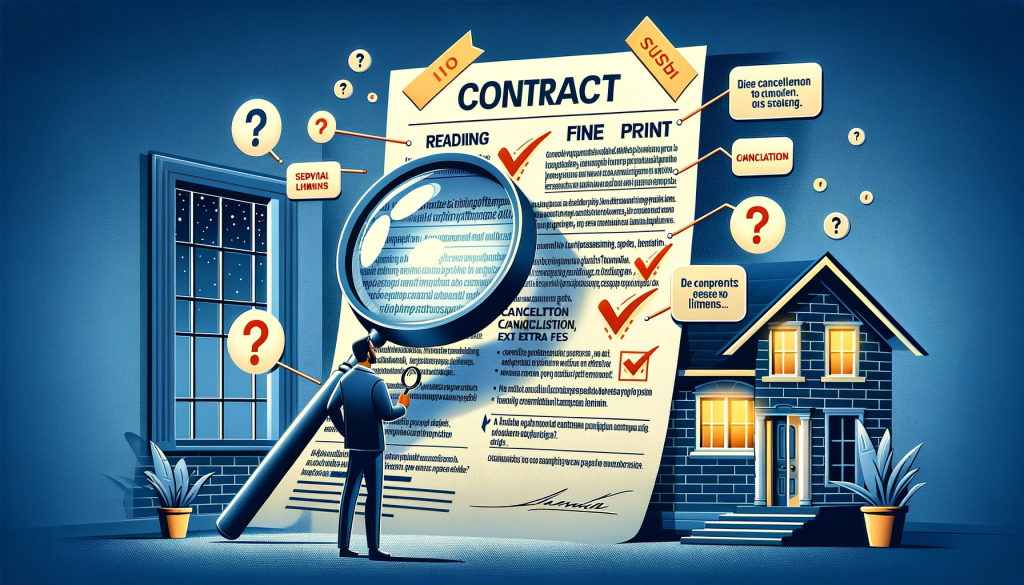Navigating the world of contracts with local service providers—from landscapers and cleaners to remodelers and handymen—can seem daunting.
Yet, understanding these agreements is crucial to ensuring you get the services you expect, at the agreed-upon terms, and with no unpleasant surprises.
This guide aims to demystify the contract process, providing you with the knowledge to confidently enter into agreements with local service providers.
The Importance of a Contract

Firstly, it’s essential to understand why contracts are not just formalities but necessary tools for clarity and protection.
They outline the scope of work, costs, timelines, and responsibilities, ensuring both parties are on the same page.
Key Components of a Service Contract

Dive into the essentials of what every service contract should include: detailed descriptions of the services to be provided, payment terms, timelines, warranties, and clauses on how disputes will be resolved.
Highlighting the importance of these components can help readers recognize what to look out for.
Reading the Fine Print

Encourage readers to pay close attention to the fine print.
This section can cover the importance of understanding all clauses, especially those related to cancellation policies, extra fees, and service limitations, to avoid being caught off guard.
Negotiating Terms

Offer strategies for negotiating contract terms.
Empower your readers with tips on discussing payment schedules, requesting modifications to services, and ensuring satisfaction guarantees are in place.
This can reassure them that contracts are not set in stone and can be tailored to meet their needs.
Dealing with Disputes

Discuss how contracts can provide a roadmap for resolving disputes should they arise.
Whether it’s through mediation, arbitration, or legal action, understanding the dispute resolution process outlined in the contract can prepare homeowners for handling potential issues calmly and effectively.
The Role of Contracts in Building Trust

Highlight how a well-crafted contract can serve as the foundation for a trusting relationship between homeowners and service providers.
It’s not just about protection; it’s about establishing clear expectations and accountability from the start.
Conclusion
Understanding contracts with local service providers is about empowering yourself as a consumer.
With the right knowledge, you can navigate these agreements confidently, ensuring your home service experiences are positive and free from misunderstandings.
Remember, a contract is there to protect both parties, making it a crucial aspect of any service agreement.
